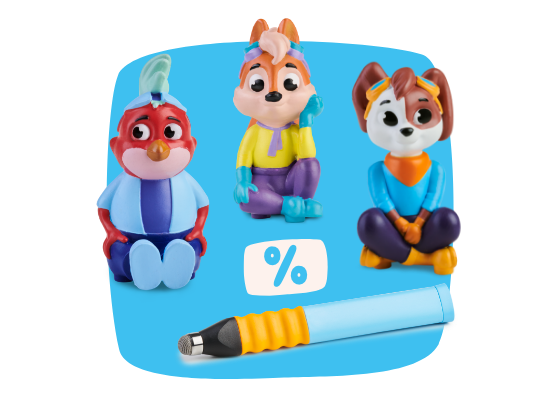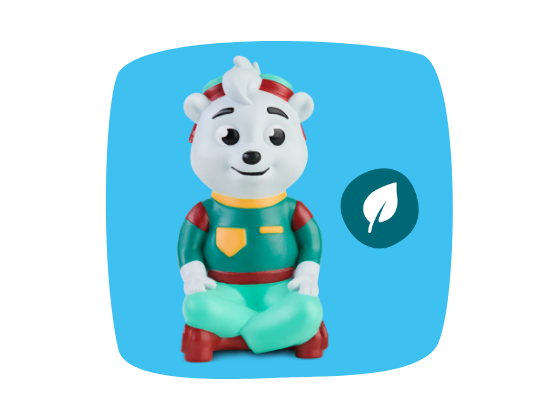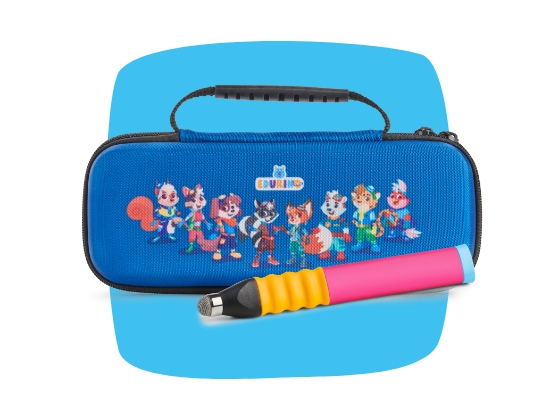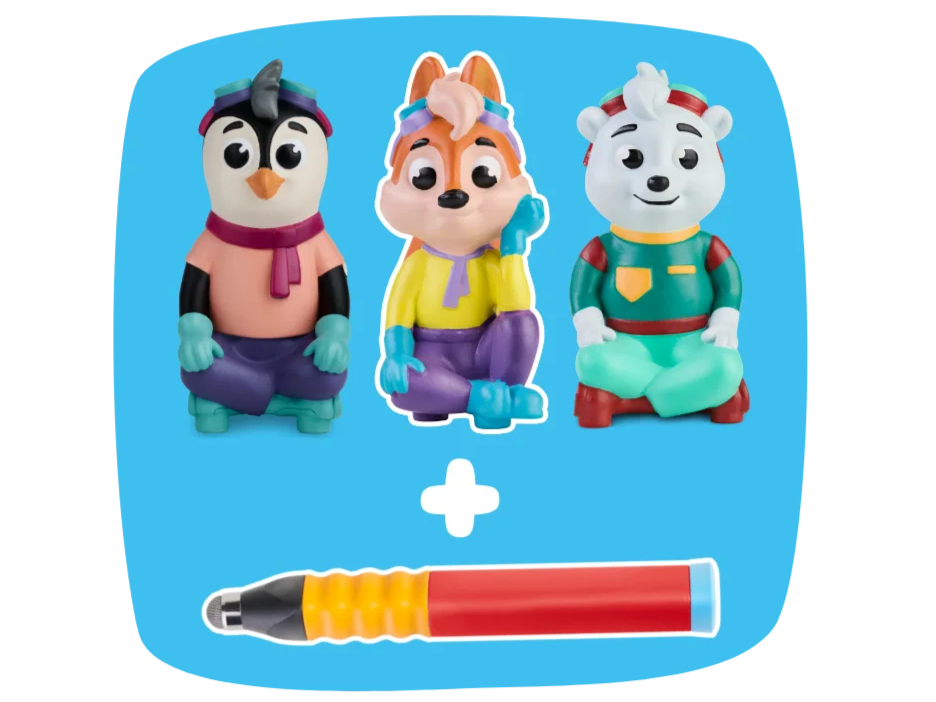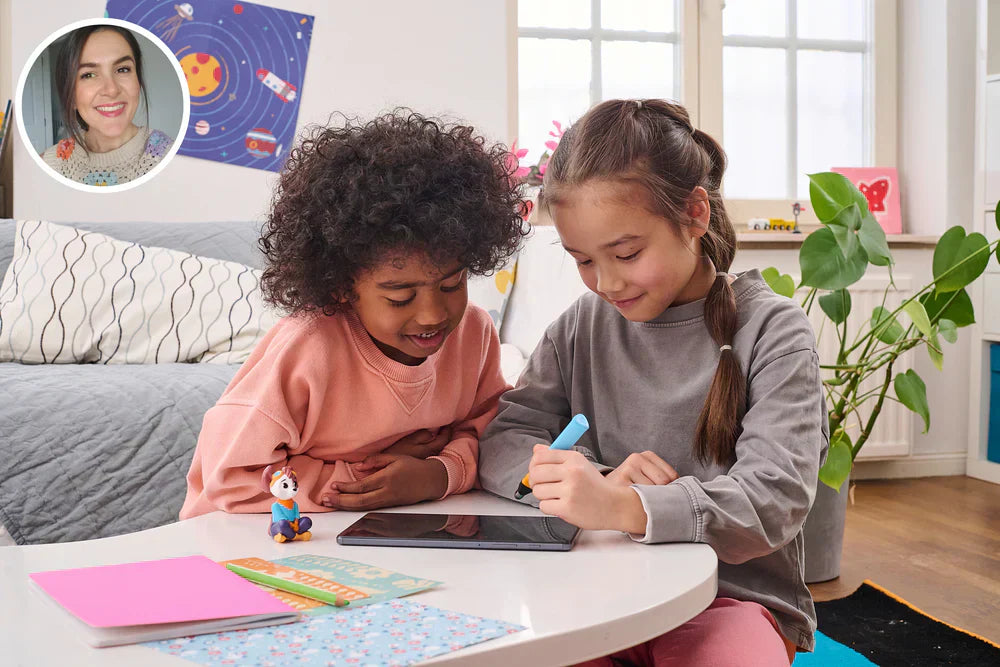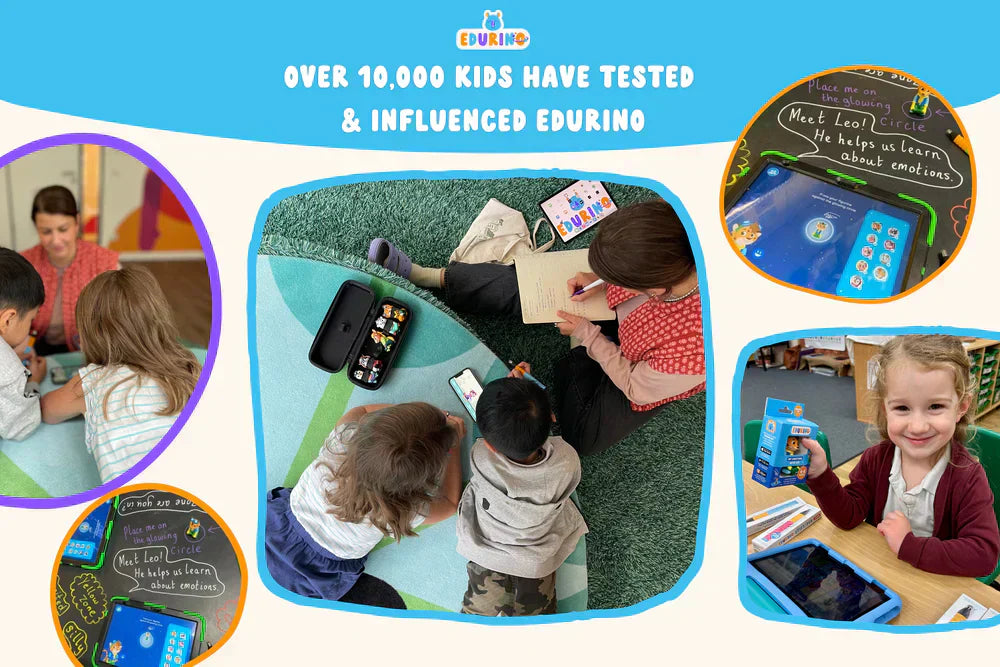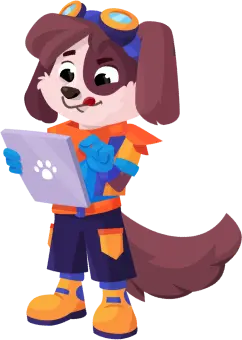Remember back in school when "ICT" meant a trip to the computer lab—a high-tech mecca filled with computer towers and neon lights? If you were lucky, you got to create a PowerPoint presentation about dolphins. And if you were very lucky, you got to color-code a pie chart in Excel. That was the height of digital literacy in the 1990s.
Today, things couldn't be any different. Programming has been added to the curriculum. And we "ICT room" parents are left perplexed, wondering what it actually is and why on earth children have to learn it.
But here's the thing: Coding isn't about raising the next tech CEOs (although we'd love that to be the case). It's about giving kids the tools to think clearly, solve problems creatively, and keep going when something doesn't work the first time. Computational thinking helps kids develop a mindset that transforms "I can't do this" into "What if I tried?"
When you teach children to code, you teach them to think—and that skill pays off far beyond the screen.
Wait a minute, what is programming anyway?
Glad you asked (I did too!). Coding is the art of giving instructions to computers. It allows children to build anything from games to apps to devices. The possibilities are truly endless. Coding teaches children the skills they need to develop the problem-solving technologies of the future.
And thanks to modern educational apps, even children as young as four can learn the basics of programming in a playful way and in small steps.
3 compelling reasons why children should learn to code
1. From pointless scrolling to meaningful design
Let's talk about screen time. Today's children are growing up in a digital world—they can swipe before they can type. But just because they can use technology effortlessly doesn't mean they understand it.
Coding teaches them the opposite. Instead of simply consuming technology, children become creators. With basic programming skills, they can develop exactly the apps they enjoy using. They evolve from digital natives to digital innovators.
Coding transforms screen time into creative time. And with an educational app that teaches coding in a fun and age-appropriate way, your child's next passion could be creating a game—not just playing one .
PS: Just by the way:
"In 2024, there were approximately 1.7 million technology job openings worldwide. 960,000 of these were in Europe/UK."
In other words: learning to program = long-term career security.
2. Thinking about thinking
As Steve Jobs so aptly said:
“Programming teaches you how to think.”
Coding helps children break problems down into smaller, manageable pieces—a fundamental skill in both computer science and life. Whether debugging a simple sequence or figuring out why their character won't jump, children learn logical thinking, patience, and how to resist getting discouraged when something doesn't work the first time (or on the fifth try).
It's a cognitive boot camp disguised as fun.
And it's precisely this kind of mental exercise that prepares children for success in school. They learn not only to count, but also to think.
3. Programming strengthens self-confidence (and character)
There's nothing more rewarding than that "aha" moment when a line of code finally works. Children who learn to program experience the joy of solving real problems—and they learn that mistakes aren't failures, but steps on the path to something better.
According to the World Economic Forum (2023), the most valuable skills for the next generation include:
- empathy
- Cooperation
- Creative problem solving (at the top of the list)
Programming is practically a masterclass in all three areas. A safe way to become comfortable with mistakes. You make mistakes. You try again. You learn to laugh at mistakes and celebrate small successes.
Meet Luca: Your child's new best friend who helps children learn to code
Lucas Learning World, part of Edurino's high-quality educational app, teaches programming skills early on through games. It was specifically developed by early childhood education experts to give children a fun and confident introduction to programming.
Lucas' interactive, challenge-based learning teaches children how to think independently, make decisions, and find solutions. It's not just about preparing them for a digital future, but about helping them become curious, capable little makers.
The conclusion? Programming is the new coloring book
Teaching your children to code isn't about putting them on the fast track to Silicon Valley. It's about giving them the tools to understand the world they're growing up in—and the confidence to help shape it.
Whether you're a skeptical millennial or a tech-savvy Gen Xer, consider this your official invitation to turn your child's screen time into learning time. Download the EDURINO learning app, get the cute Luca, and get your child coding!
Take our test – and receive personalized learning recommendations for your child.
Brigid is a primary school teacher with over ten years of experience in state and private schools in the UK and the Middle East. She specializes in early childhood education and working with neurodiverse learners.
